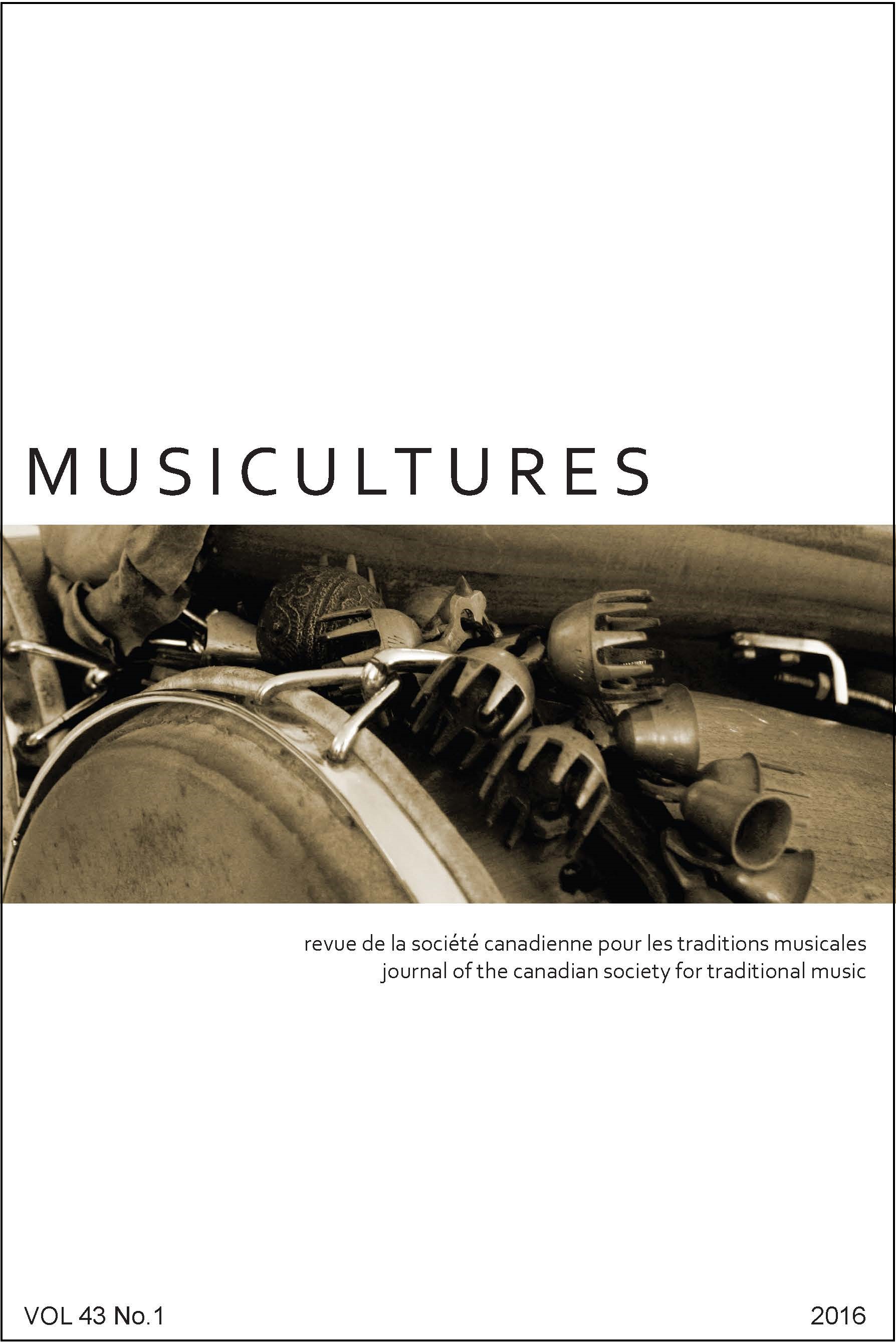Abstract
Throughout the 1930s, Toronto’s social settlement houses hosted various musical performances by and for the immigrant and working-class residents of Toronto’s poorest neighbourhoods. Given their overarching project of civic betterment, the performances became sites not only to validate the social success of musical work, but also to enact musically notions of citizenship. Within the settlement music schools, benefit concerts and pupil recitals featured conservatory-style music performances, which articulated Western European Art Music to an Anglo-Celtic Protestant norm for citizenship. However, annual spring festivals shifted notions of citizenship somewhat by celebrating the various cultures of immigrants through music and dance.- The author retains copyright over the work.
- The author grants the journal owner (The Canadian Society for Traditional Music / La Société canadienne pour les traditions musicales) an exclusive license to publish the work.
- The author may post a pre-print or post-print version of the work (see definitions below) on a personal website for up to twelve months after the work is published in MUSICultures. After twelve months, the pre-print version must be replaced with the published version.
- The author may deposit the published PDF of the work in a non-commercial online repository twelve months after the work is published in MUSICultures, or any time thereafter.
- Any such deposit must include a link to the work on the MUSICultures website, e.g., https://journals.lib.unb.ca/index.php/MC/article/view/19996
A pre-print is a work-in-progress—a contribution not yet accepted, or perhaps even submitted, to MUSICultures.
A post-print is the version of a contribution after peer review and acceptance by MUSICultures, with revisions completed.
The published version is the PDF file of a contribution as it appears in MUSICultures.
Please note that academia.edu and ResearchGate.com are both for-profit repositories; authors may not deposit the published PDF of the work in these repositories until after the journal’s embargo period.
For permission to reprint or translate material from MUSICultures, please contact Heather Sparling, General Editor of MUSICultures (heather_sparling@cbu.ca).

